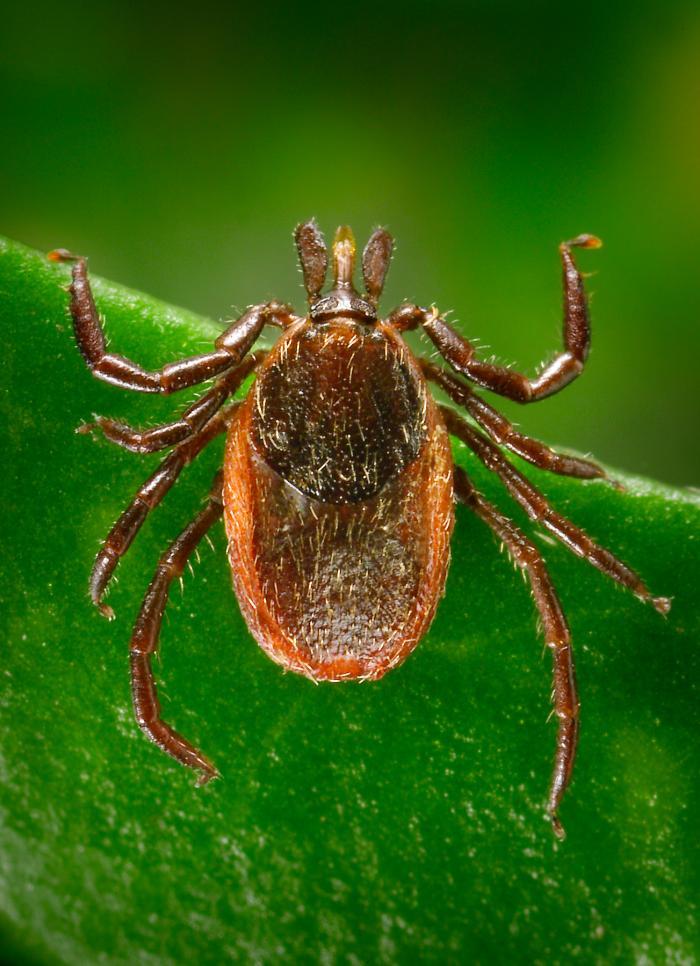Five African countries—Kenya, Malawi, Uganda, Zambia, and Zimbabwe—are experiencing anthrax outbreaks, the World Health Organization (WHO) said yesterday. So far the countries have reported more than 1,100 suspected cases and 20 deaths this year.
Zambia is seeing the most cases, with 684 suspected and 25 confirmed cases and 4 deaths. It has surpassed its previously largest outbreak. In 2011, the country reported 511 suspected cases.
Though anthrax is endemic in these countries, the Bacillus anthracis bacterium usually causes only small seasonal outbreaks. Humans are exposed to the bacteria most often through infected animal carcasses or contaminated animal products, especially those of cows, sheep, and goats.
To end these outbreaks we must break the cycle of infection by first preventing the disease in animals.
The WHO said the recent uptick in cases is caused by a number of factors, including climate change, food insecurity, and a low perception of risk when handling animal products.
"To end these outbreaks we must break the cycle of infection by first preventing the disease in animals. We are supporting the ongoing national outbreak control efforts by providing expertise as well as reinforcing collaboration with partner agencies for a common approach to safeguard human and animal health," said Matshidiso Moeti, MD, WHO regional director for Africa.
.















